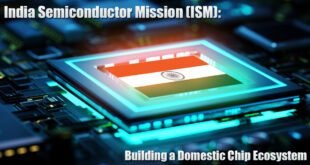Taking careful note of the quotidian life of politics tells us a great deal Politicians in India have long known that alleging corruption catches attention. The run up to the 2014 general election confirmed this. Verbal spats, allegations of sexual misbehaviour, and outright lies by leading figures create newspaper headlines too — and rightly so. There should be public interest in corruption, sexual harassment and other excesses that involve major public figures, but it is important to remember that headlines draw our attention to what is often unusual. Yet, my contention is that we must pay more attention to the routine, and often overlooked, ways in which politics is practised — ‘politics as usual’. Electioneering, voting, governing, legislating and constituency service are usually done in accepted ways. An economy of effort, efficacy, norms and rules influence the ways politics is done. Politics can become banal, in the sense of being routine and unnoticed, but such routine introduces regular patterns. Politicians are criticised for being overly aggressive. Calculated insults, refusing to attend the State Assembly and prolonged boycotts of Parliament do little for the credibility of politicians. Adversarial politics seems wasteful, but we need to see what these stage-managed conflicts and scripted slights conceal. Social ties matter even as parties choose to fight with each other. Parties cooperate to make the process of governing and legislating productive. Individuals build networks across parties to advance their agenda. The president of the Nationalist Congress Party, Sharad Pawar, is well known for his cross-party links, and other senior Maharashtrian politicians have emulated him. Finance Minister Arun Jaitley too maintains friendships across party lines. Neighbourhood politicians I have met routinely store the numbers of Opposition politicians in their mobile phones. Sociability eases the process of networking, and being hospitable matters. Former Tamil Nadu Chief Minister M.G. Ramachandran was very aware of this.
Source : https://www.thehindu.com/todays-paper/tp-opinion/politics-as-usual/article25243067.ece
 Chinmaya IAS Academy – Current Affairs Chinmaya IAS Academy – Current Affairs
Chinmaya IAS Academy – Current Affairs Chinmaya IAS Academy – Current Affairs



